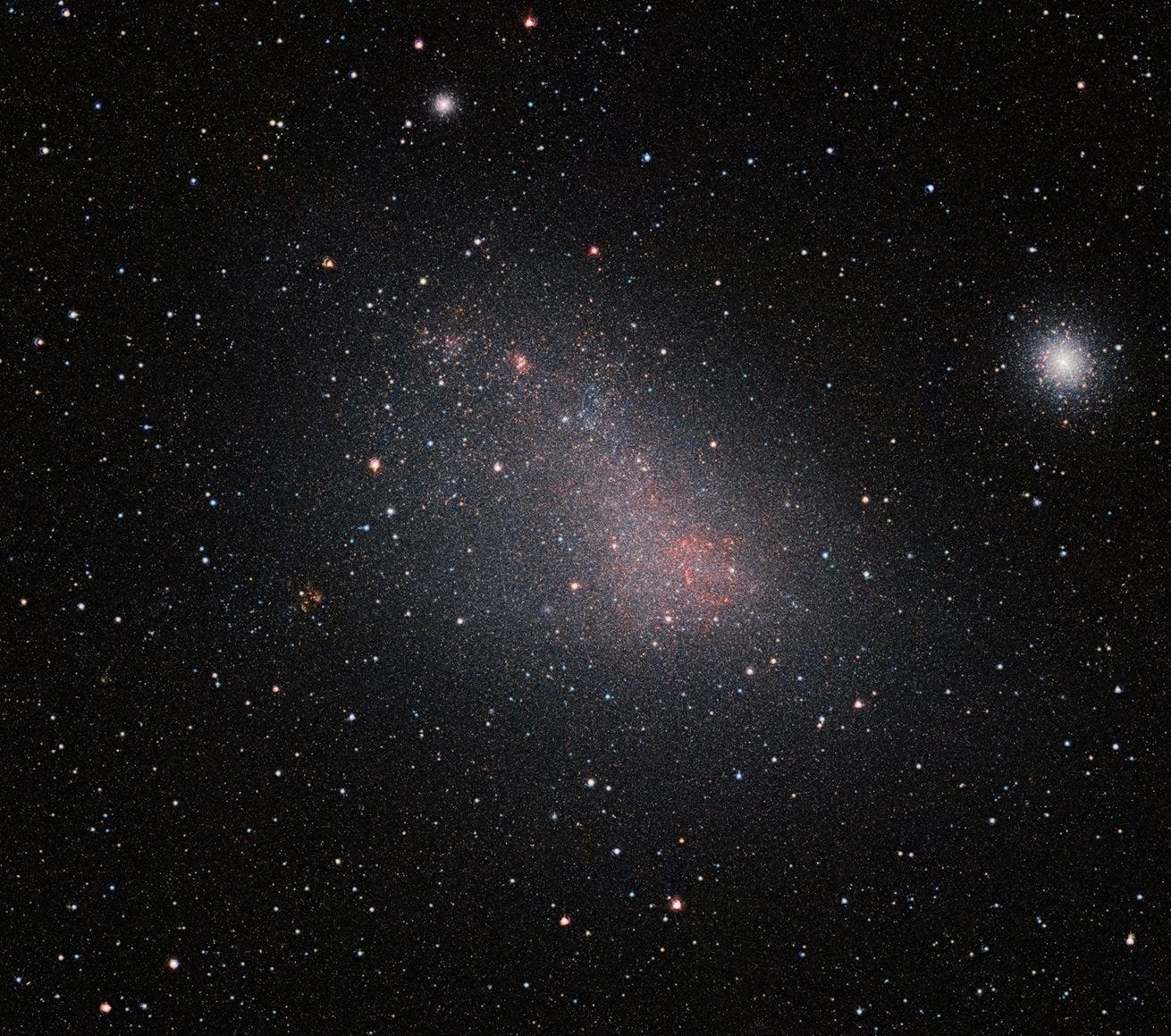Universal-Sci Weekly - Issue #107
Dear subscribers, Welcome to the latest edition of Universal-Sci Weekly!
In this issue we examine why Europe has a life-expectancy edge over the United States, investigate what’s happening in our neighbouring galaxy—the Small Magellanic Cloud—and spotlight a carbon-negative building material made from seawater and captured CO₂. We also explore how lunar dust could power Moon bases and how the brain preserves memories of ill-fated meals.
As always, please enjoy our articles!
This newsletter is supported by NordVPN - Help out Universal-Sci and get:
Up to 77% off
A 30-day money-back guarantee
3 extra months for free
Claim the deal via our affiliate link here
(The discount also applies to their enhanced plan, which gives you 1TB of encrypted cloud storage at a very low price)
Thank you for supporting us, it helps us keep the lights on!
Researchers uncovered why Europeans Live Longer Than Americans
How long you live might depend more on where you live than how wealthy you are—even if you're among America's richest.
New research from Brown University reveals surprising insights into why Americans at every economic level have shorter lifespans compared to Europeans. What hidden factors make even the wealthiest Americans less healthy than their counterparts overseas, and what lessons can the U.S. learn from Europe's healthier approach?
Is Our Neighbouring Galaxy Being Torn Apart?

Astronomers have uncovered something unusual happening in our cosmic neighbourhood—a small galaxy near the Milky Way is behaving strangely, and no one is quite sure why.
An Incredible Innovation Turns CO₂ and Seawater into Green Building Materials

A team of scientists at Northwestern University has developed a new method to create carbon-negative materials using seawater, electricity, and carbon dioxide (CO₂). This new process not only locks away CO₂ in solid form but also yields hydrogen gas, a useful clean fuel.
Why Scientists Think Lunar Dust Could Power Moon Bases
In the quest to explore and inhabit space and other worlds, one of the largest challenges astronauts face is having enough reliable energy. It turns out that simple solution might literally be at their feet: moon dust.
Scientists Discovered How the Brain Remembers Foods That Made You Sick
Have you ever eaten something that made you so sick you couldn't stomach the idea of eating it again? A team of neuroscientists from Princeton University has discovered exactly how the brain creates these strong food aversions after just one bad experience.
Support Universal-Sci!
As mentioned in the introduction, this issue of Universal-Sci Weekly is supported by NordVPN!
We aim to keep our website and newsletter free, so it's great to have a sponsor like this.
Purchasing any of 2 year plans via our affiliate link will support Universal-Sci and is greatly appreciated!





